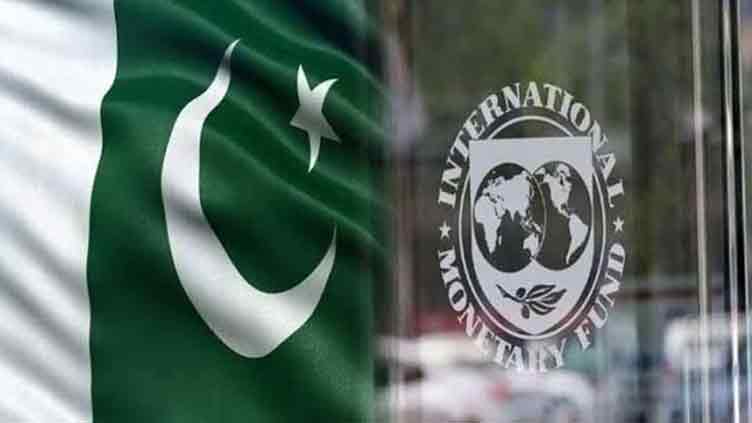|
Getting your Trinity Audio player ready...
|
Follow our Whatsapp Channel For More News
Pakistan economy is facing severe challenges due to a significant financing gap, which has been exacerbated by the country’s inability to meet the International Monetary Fund’s (IMF) deadline for a $7 billion loan approval. In a desperate bid to fill this gap, the government has turned to commercial banks for a loan at a higher interest rate, sparking concerns about the country’s growing debt burden and economic vulnerability.
Read More: Pakistan Introduces New Contributory Pension Fund Scheme for Government Employees
The IMF Deadline Miss: A Critical Setback
The IMF had set a deadline for Pakistan to secure a $7 billion loan, which was critical for the country’s economic stability. However, Pakistan failed to meet this deadline, resulting in the IMF demanding a $12 billion rollover before approving any new loan. This setback has left Pakistan’s economy reeling, with a significant financing gap that needs to be filled urgently.
High-Interest Loan from Commercial Banks: A Risky Move
To address this financing gap, the government has approached three commercial banks for a $1.75 billion loan at an interest rate of around 5%. While this loan may provide temporary relief, it poses significant risks to Pakistan’s economy. The high-interest rate will increase Pakistan’s debt burden, making it even more challenging for the country to meet its fiscal targets.
Saudi Arabia Oil Facility: Another Setback
Adding to Pakistan’s economic woes is the stalled Saudi Arabia oil facility on deferred payments. This facility was critical for Pakistan’s energy needs, and its delay has further exacerbated the country’s economic challenges.
Implications: A Growing Debt Burden and Economic Vulnerability
The high-interest loan from commercial banks and the stalled Saudi Arabia oil facility have significant implications for Pakistan’s economy. The country’s debt burden is expected to increase, making it even more vulnerable to economic shocks. Moreover, the missed IMF deadline raises concerns about Pakistan’s ability to meet its fiscal targets, further eroding investor confidence.

